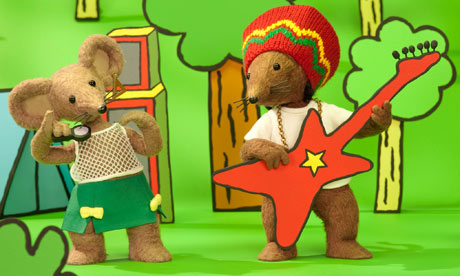How is language issue represented?
Represented
positively:
· Semantic
field of benefiting and improving, shown through lexis’ such as ‘aiding’, ‘improving’,
‘positively’, ‘educational’ and ‘achievements’.
How does the author represent
themselves?
·
The
use of speech marks: ‘ “textisms” ‘
People
normally relate ‘…ism’ when talking about prejudice or a negative issue like
racism. However, by putting speech marks on ‘textisms’ shows that the writer
doesn’t think text language is bad at all. Instead, the writer shows a
rhetorical, sarcastic attitude towards ‘textisms’, suggesting that text language
is favourable.
· Writer
does not use synthetic personalisation to have this fake, friendly relationship
with the audience. Instead, the text is of high register, shown through formal,
low frequency, polysyllabic words, such as ‘developmental’ and ‘cross-section’.
This suggests the writer is intellectual and formal to the audience. Also,
instead of using pronouns, he backs his ideas/opinions through overloading researches,
nearly in every paragraph.
Effect of
showing the writer is intellectual as well as having evidences successfully
makes audience agree.
How does the author shape the
readers’ response?
· Use
of the proper nouns of famous institution names such as, ‘Royal Holloway’
university and ‘Coventry University’ having done researches to back up the idea
that texting is advantageous. This allows the audience to believe in it more.
· ‘may
actually’
The
epistemic modal verb ‘may’ gives sense of possibility that texting really may
be beneficial. It could also be a deontic modal verb, since the writer may be suggesting
or giving the audience a permission to believe what he is saying. The adverb of
degree ‘actually’ allows audience to realize that it doesn’t ‘actually’ ‘damage
a child’s ability to use standard English’.
Also,
the adverb of comment ‘surprisingly’ creates the same effect to audience that
texting ‘surprisingly’ goes against to what many thought to be ‘damaging’
children’s language skills.
It gives
a shocking impact to audience, successfully allowing them to believe it.
· Use
of the superlative ‘best’ and the comparative ‘better ’ creates a big impact. As
a result, the writer successfully makes the audience having to think that text language
isn’t a problem at all since children using text language are ‘better’ spellers
and writers.
· The
structure of the text:
Almost all
the paragraphs represent positive connotations and information’s towards text language,
then in the end 2 paragraphs the writer quickly outlines negative connotations
towards the issue. Writer is realistic. The effect of having ¾ of the text full
of positive connotations and the remaining ¼ of negative connotations makes the
text realistic since the text consists of both pros and cons, allowing audience
to believe, agree and follow the writers’ opinion.
